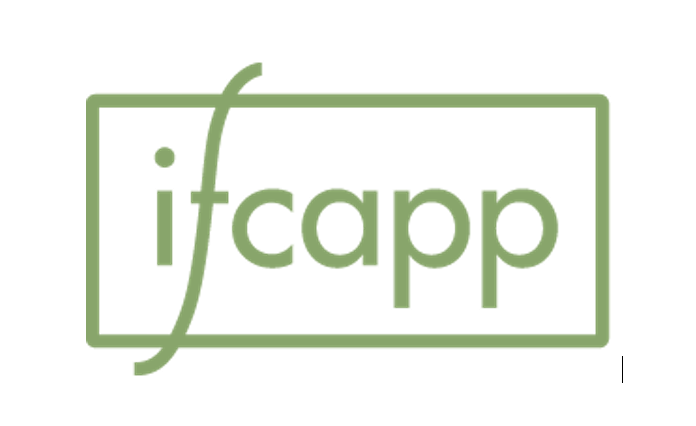Child and adolescent psychoanalytic psychotherapy is a clinical approach to therapeutic work with children, spanning the years from infancy through adolescence.
It is rooted in psychoanalytic theory and emphasizes the significance of early childhood experiences and relationships and their impact on the internal world of the child. A wide range of emotional, mental health and relationship difficulties can be addressed in therapy.
Child and adolescent psychotherapy aims to help children and adolescents gain a greater degree of self-understanding in the setting of a secure therapeutic relationship.
It offers the child or young person an opportunity to make sense of sad, angry, painful or confusing feelings and thoughts. Therapy takes place through a mixture of play, drawing and talking about events and experiences.
Child psychotherapists are trained to work with children of all ages. They integrate their knowledge and awareness of the child’s developmental processes and needs to facilitate adaptation and growth. Over time, the child psychotherapist gains an understanding of the child’s unconscious and its role in influencing current patterns of behavior and relating. The child or adolescent is gently helped to become aware of these patterns in order to learn new ways of managing themselves in their world.
While child psychotherapists most often work with an individual child, they also meet with parents or others involved with the child, to help them to support and understand their child or adolescent during the course of therapy. They work in a variety of settings both in public services and in private practice.
Training in Ireland occurs under the auspices of Trinity College Dublin in association with The Irish Institute of Child and Adolescent Psychoanalytic Psychotherapy. Training is accredited through IFCAPP under the umbrella of the Irish Council for Psychotherapy (ICP) and the European Association of Psychotherapy (EAP).
